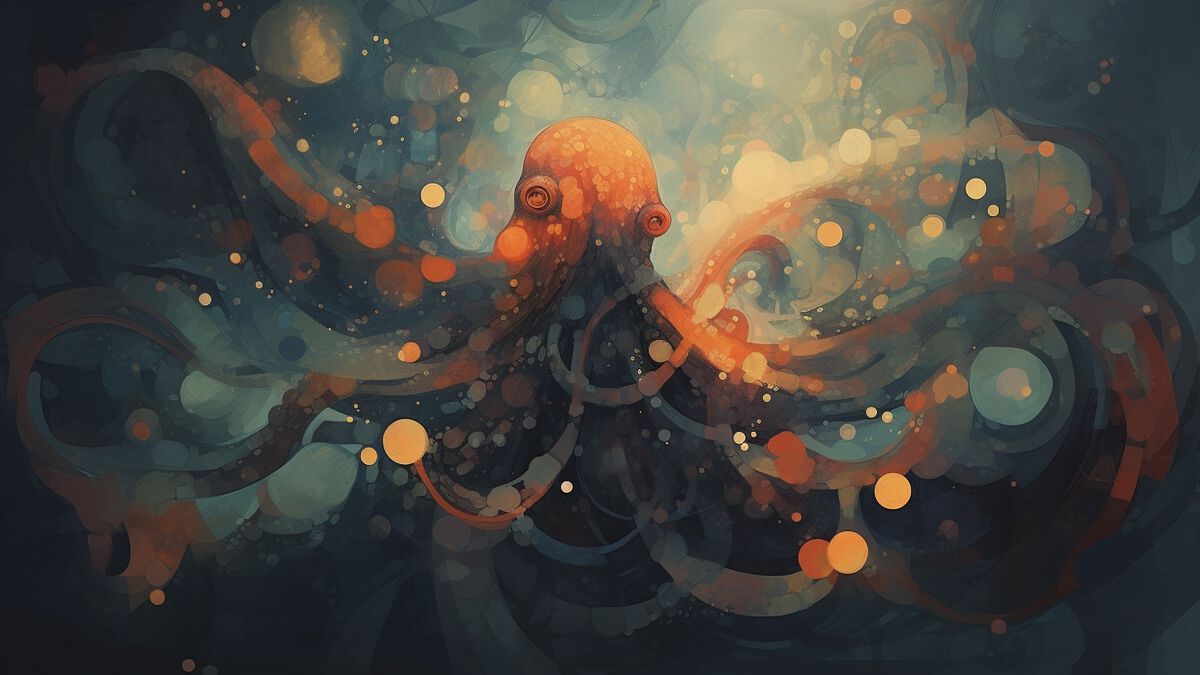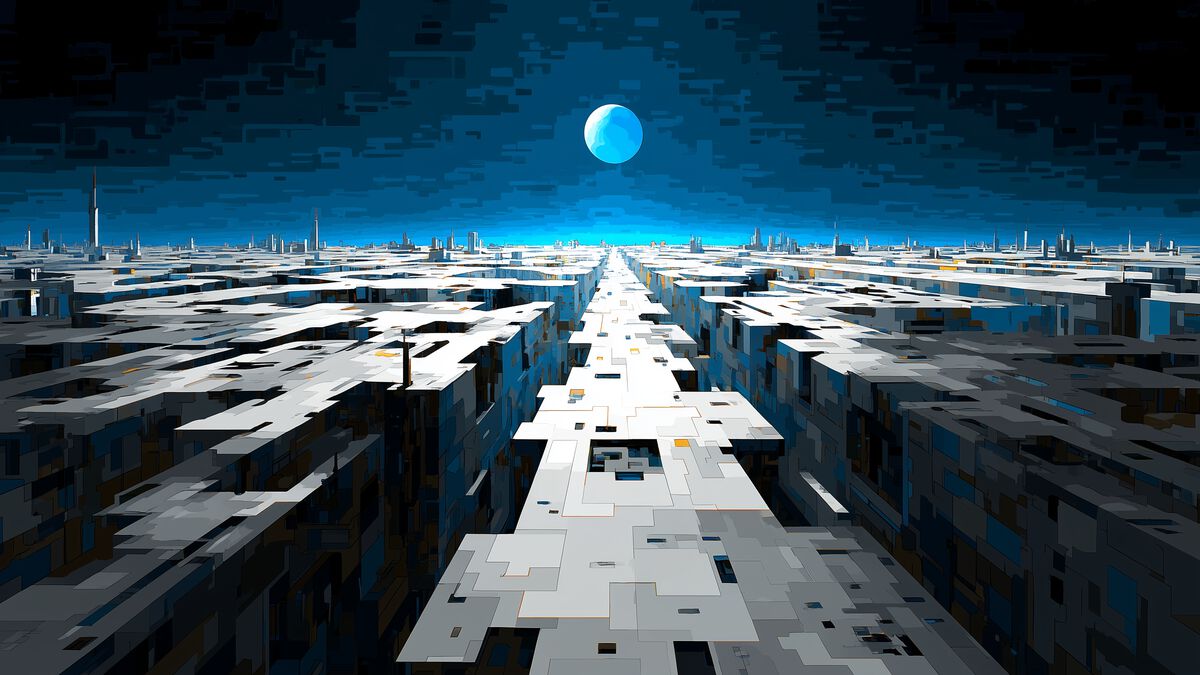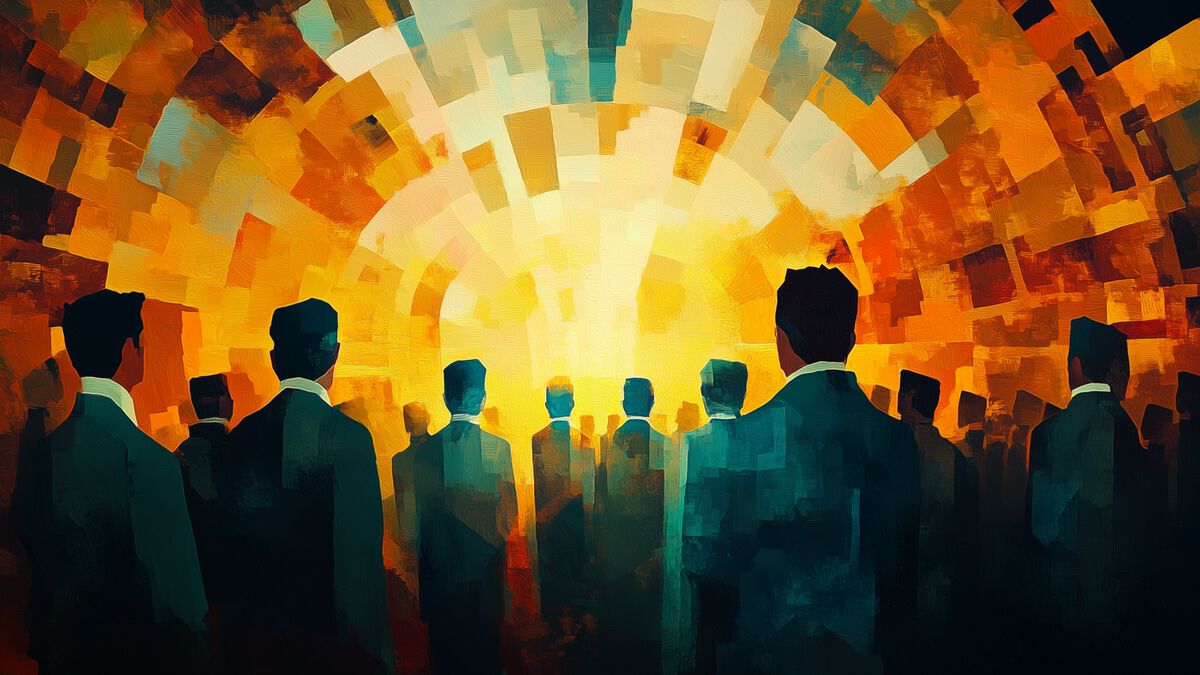Looking for God in the Wrong Places
Lincoln Cannon
25 June 2008 (updated 3 January 2026)
I recently came across an interesting blog post entitled “An Alien God,” by Eliezer Yudkowsky, who is a Transhumanist AI researcher. In the post, Eliezer describes biological evolution and compares it to various ideas of God.
In the end, he concludes that evolution is much more like Azathoth, a blind idiot God from H P Lovecraft’s fiction, than like the traditional monotheistic God from Judeo-Christian theology. He notes, too, that Azathoth is quite alien in comparison to humans, whose foresight may enable them to outwit such a chaotic and unintentionally cruel creator.
I agree with Eliezer that if we’re to identify God as that which created everything from scratch then we will not find the Judeo-Christian values manifest in our observation of that God. However, that’s not the only place we can (or should) look for God. In contrast to the Greek philosophy that has increasingly permeated traditional Judeo-Christian theology, the Bible and particularly unique Mormon scriptures describe God more as an organizer than an absolute creator.
Like a gardener, God sets out to produce fruit in a vineyard that already exists, using techniques adapted to the nature of vineyards. Like a mechanic or chemist, God combines existing materials, works on them, and watches as they react toward desired ends according to their natural properties. Like a parent, God seeks to persuade children toward kindness, and weeps when observing their cruelty to each other.
In these and the many other analogous descriptions of God from scripture, we read of a being who is working toward a goal within constraints of available resources and known processes. We read of a being who is quite like us, even if magnified to greater power and knowledge. In contrast with an alien God, the God of scripture resonates with our hearts and minds – as illustrated even in its all-too-human Old Testament moments of intentional cruelty.
Perhaps the familiar God of scripture, imperfectly and incompletely described though it may be, is the seed of our future, which in turn may seed numerous similar futures, and thus imply that we ourselves are almost certainly the result of such seeding. If we are looking for God in the totality of a world that exhibits sometimes alien characteristics, we should not be surprised to find an alien God. Perhaps many of us are looking in the wrong places for a God worthy of emulation.



